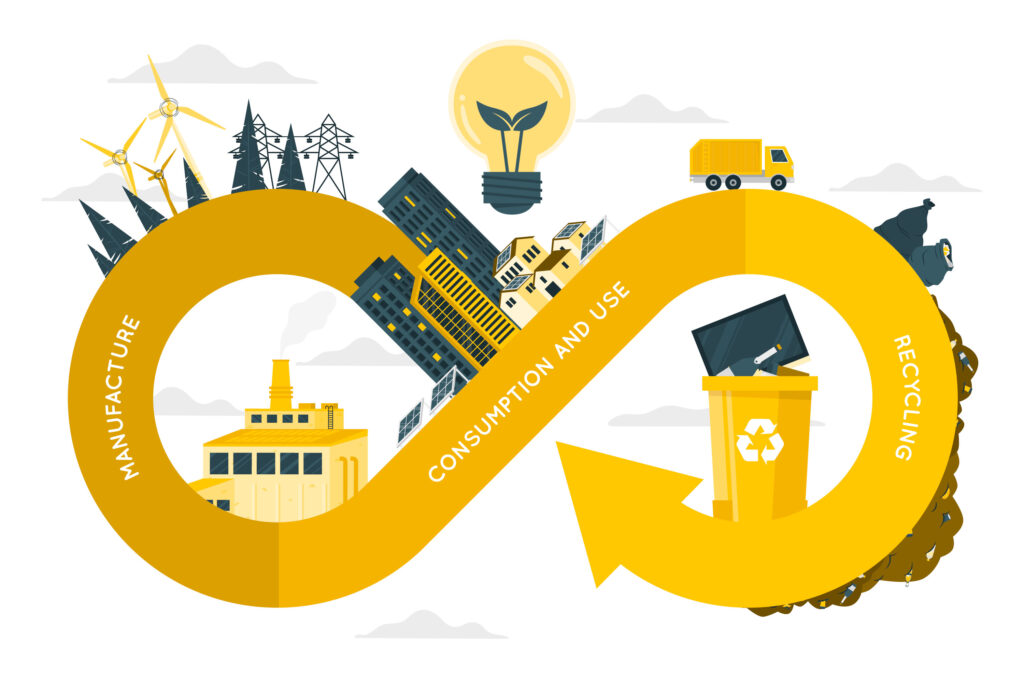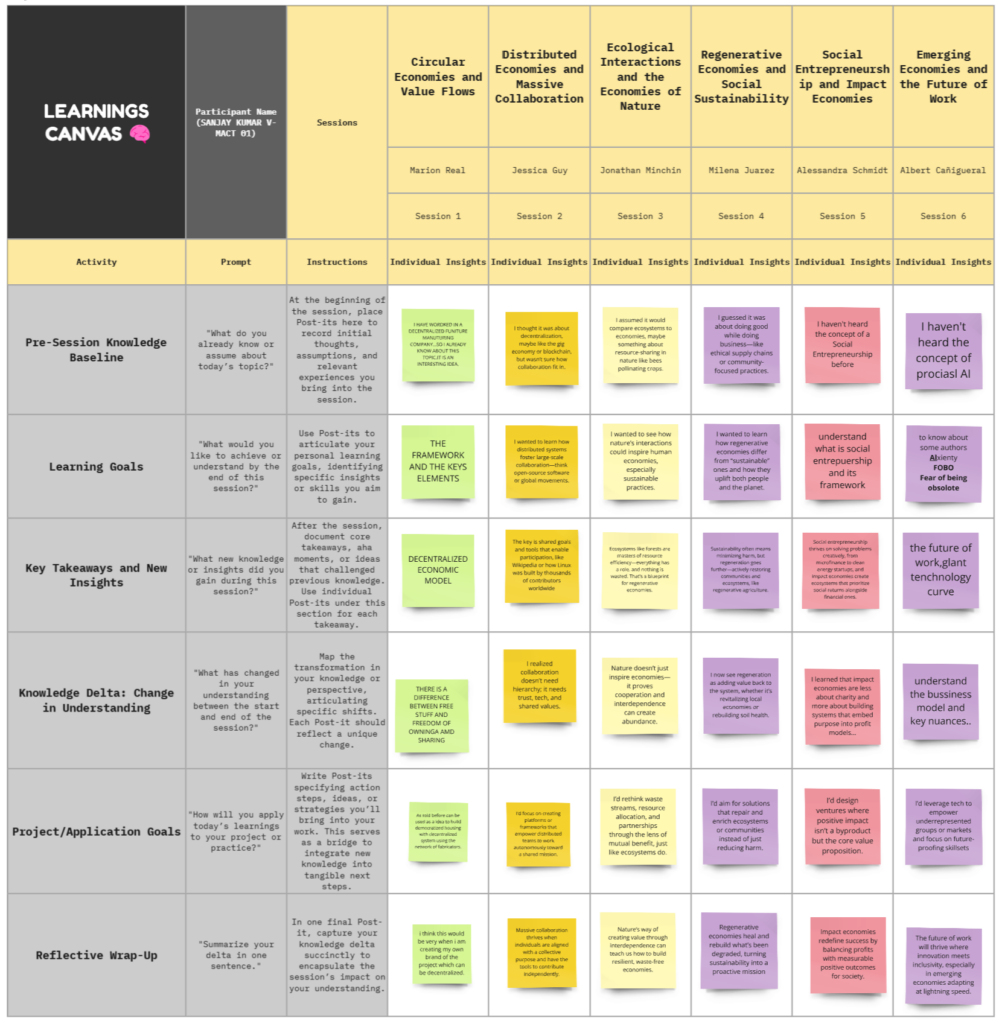
Introduction: Emerging Economies at the Vanguard of Change
As we navigate a world in flux, emerging economies stand poised to rewrite the rules of global progress. From technological leaps to reshaping the nature of work, these economies embody resilience and innovation. But they’re not just about catching up—they’re charting entirely new paths. This exploration takes us through the transformative ideas of modern economies: circular systems, distributed collaboration, ecological inspiration, regeneration, social entrepreneurship, and the future of work. These concepts challenge us to rethink value, purpose, and sustainability at every level.

Circular Economies: Breaking the Throwaway Culture
Circular economies aren’t just about recycling; they’re a complete reinvention of how we design, produce, and use products. Imagine a world where waste doesn’t exist because every resource is part of a continuous cycle. Companies like IKEA are leading the charge, creating products designed for reuse and remanufacturing. As one speaker put it,
“Circular economies don’t just reduce harm; they create value from what we used to discard.”
The shift here is profound—businesses can still thrive, but not at the planet’s expense.
Distributed Economies: Power in Collaboration
In a distributed economy, power and resources are decentralized, and collaboration becomes the cornerstone of growth. This isn’t just about technology like blockchain; it’s about creating systems that empower communities and individuals to contribute at scale. Open-source platforms like Wikipedia and Linux prove the potential of massive collaboration, where trust and shared goals replace rigid hierarchies.
“We’re stronger when we think collectively, not competitively,”
Nature as a Blueprint: Ecological and Regenerative Economies
Nature doesn’t waste anything. Every interaction has purpose, and every output feeds back into the system—a lesson perfectly mirrored in regenerative economies. These systems don’t just aim for sustainability but actively rebuild and heal. Whether it’s regenerative agriculture that restores soil health or community-focused businesses that enrich their surroundings, the goal is clear: put more back than you take. As the session highlighted, “Nature’s genius lies in its interdependence; it thrives because everything contributes and nothing is wasted.”
Impact Economies: Balancing Profit and Purpose
Impact economies show us that doing good and doing well are not mutually exclusive. Social entrepreneurs, like those behind microfinance initiatives or clean energy startups, are redefining what success looks like. Their ventures embed purpose into profit models, proving that impact is not an afterthought but a core strategy. “The best businesses don’t just make money—they solve problems,” was a standout takeaway. This approach bridges the gap between corporate responsibility and meaningful change.
The Future of Work: Emerging Economies Lead the Way
Emerging economies are setting the tone for the future of work, leveraging technology to leapfrog traditional barriers. From Kenya’s M-Pesa revolutionizing banking to India’s rise as a digital hub, necessity is driving ingenuity. Automation and AI aren’t seen as threats but as opportunities to level the playing field and empower underserved populations. As one lecturer concluded, “The future of work isn’t about replacement—it’s about reinvention.” These economies show us that adaptability and inclusivity are the keys to thriving in a rapidly changing world.
Conclusion: A Collective Rethink
The course on emerging economies taught us that we don’t just need to sustain the systems we’ve built; we need to reinvent them. Whether it’s by looping resources in a circular economy, embracing collaboration, mimicking nature, regenerating communities, or balancing purpose with profit, the goal is clear: economies must evolve to serve both people and the planet. Emerging economies exemplify this shift, proving that resilience and creativity can inspire global transformation.
“The future isn’t something we wait for—it’s something we build together.” Let’s start today.

